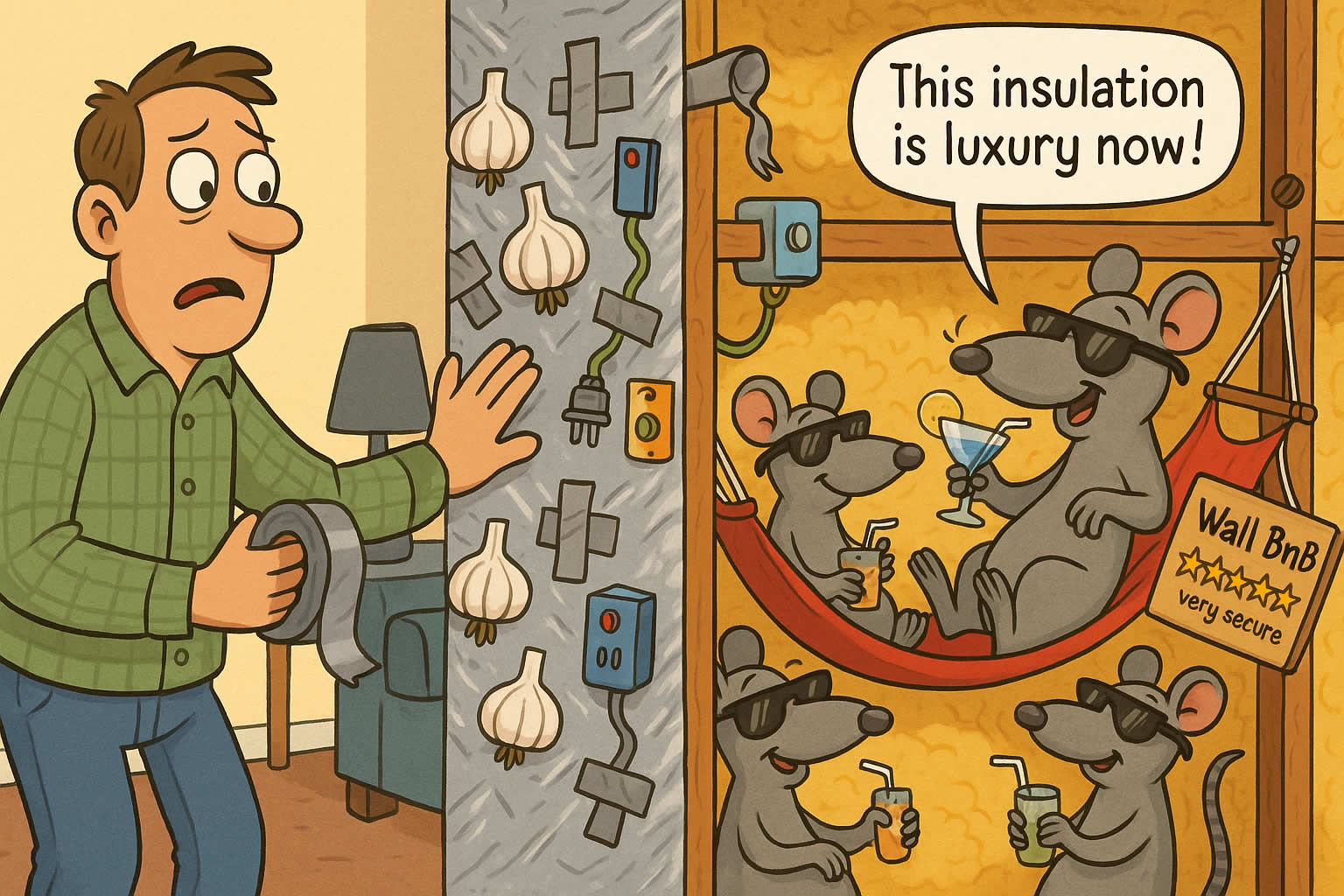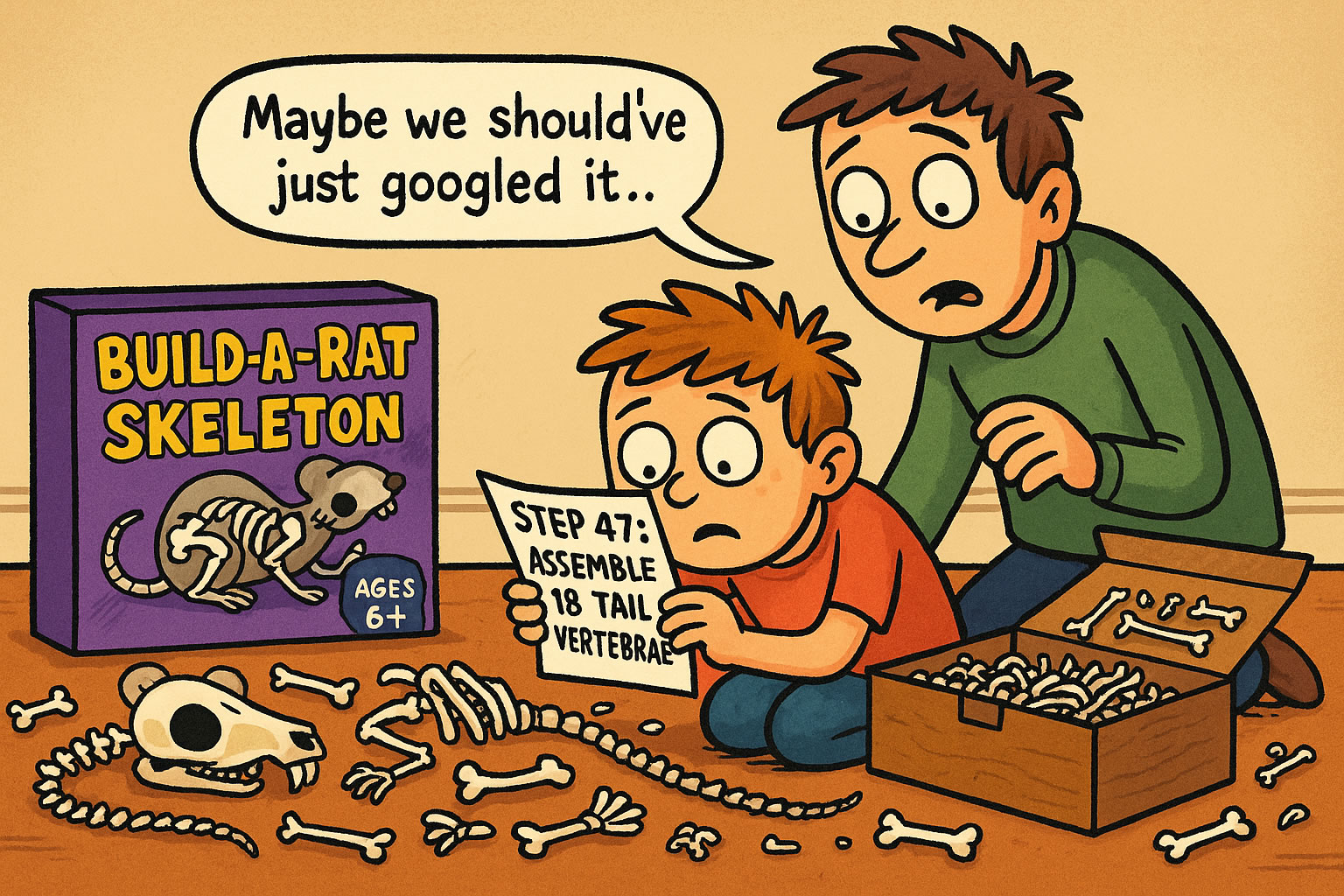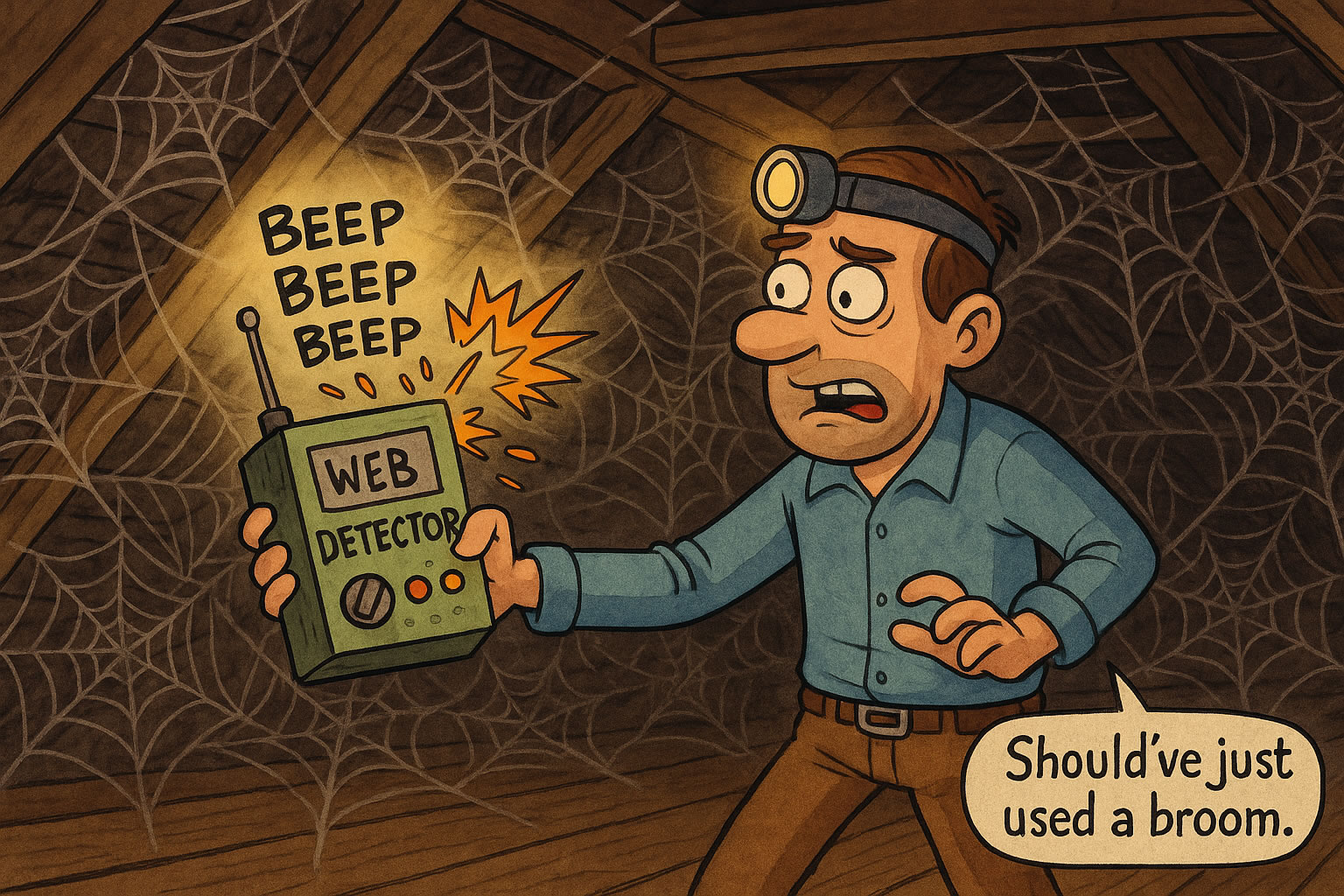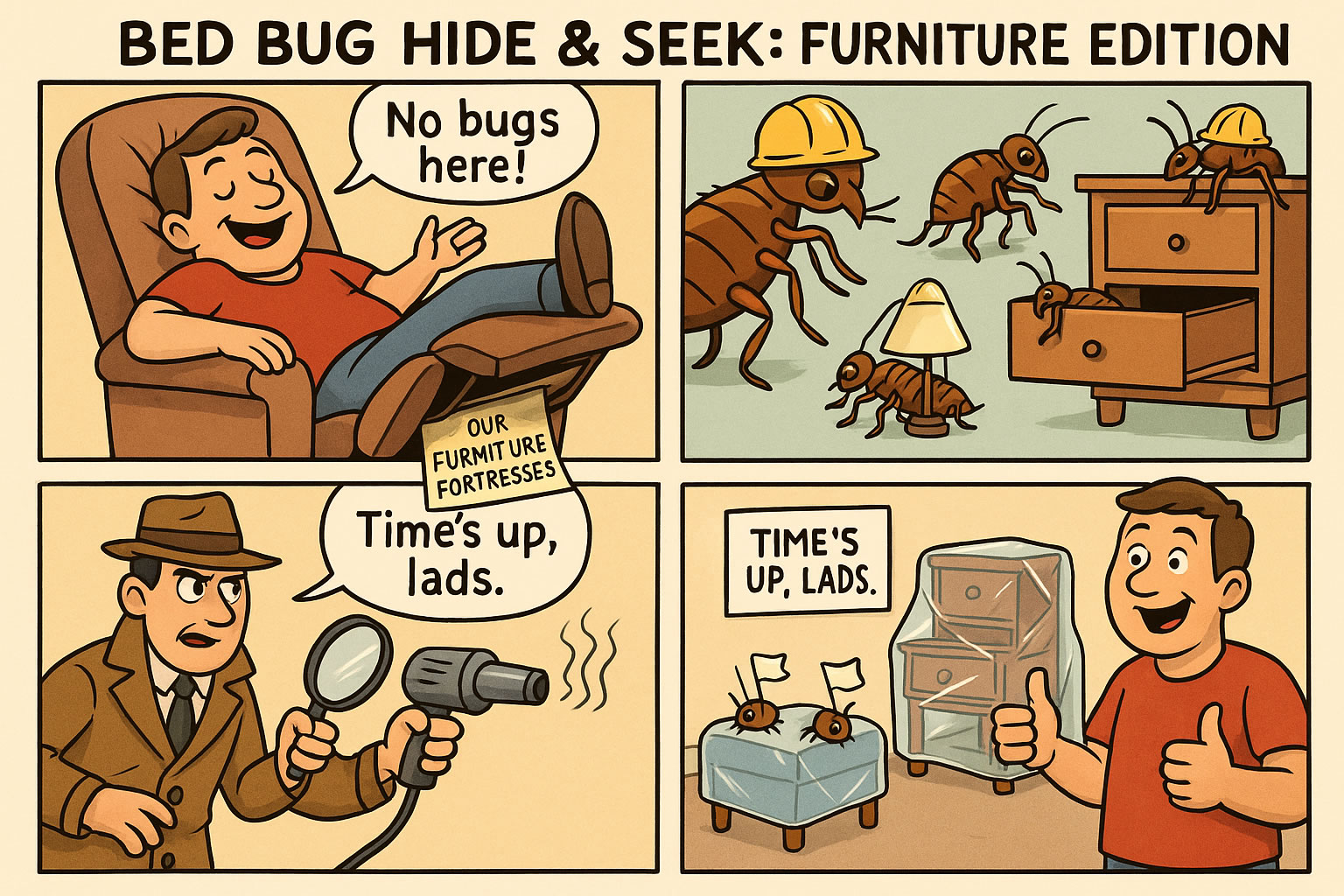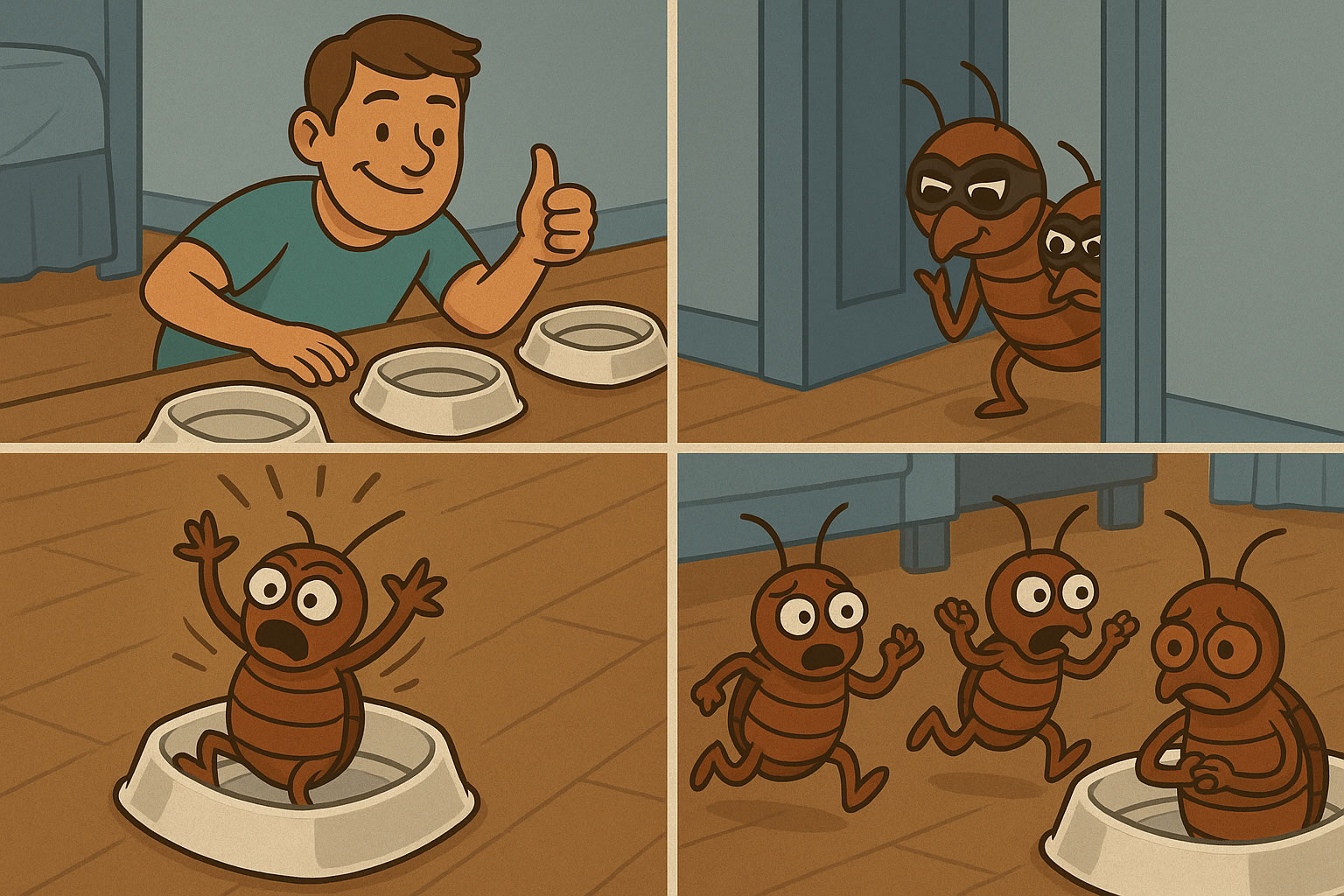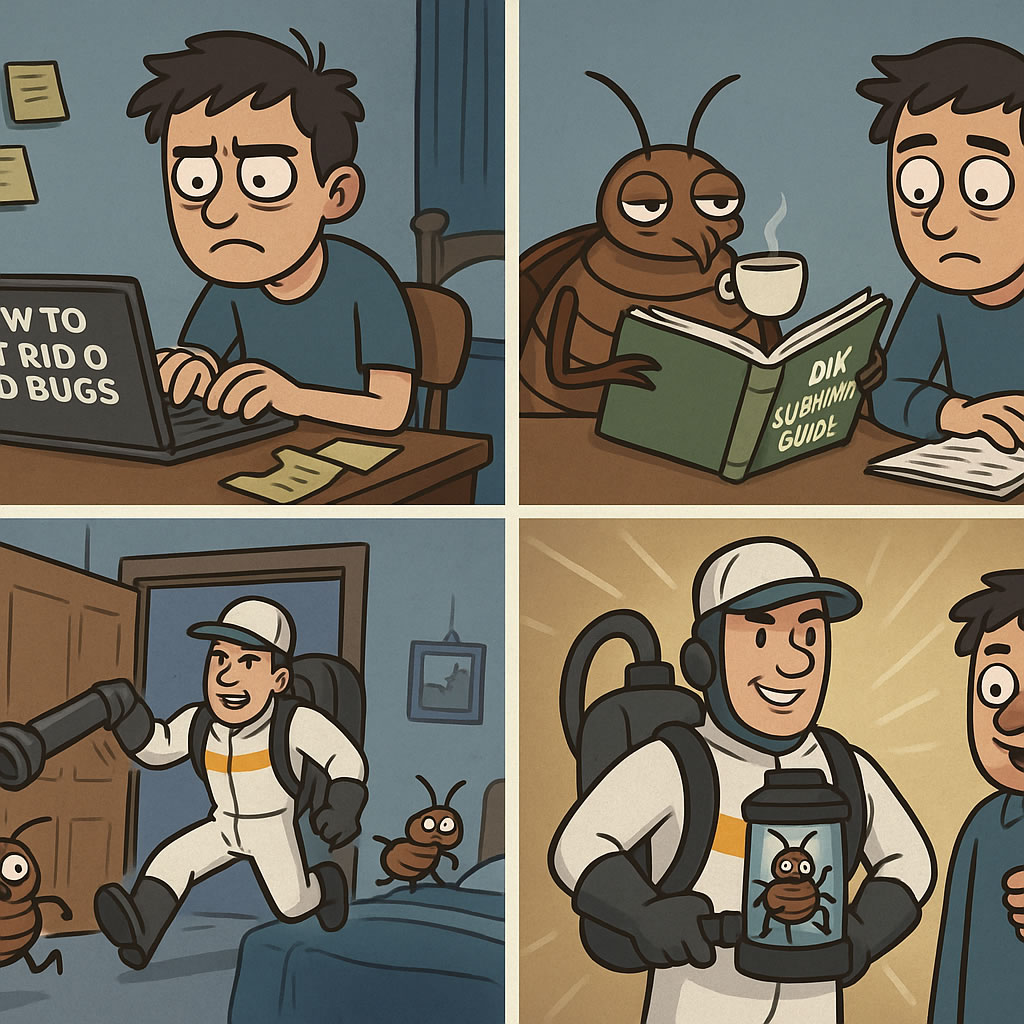Related Queries
ToggleIf you’ve ever had a mouse problem in your home, you know how frustrating it can be. But there’s more to worry about than just chewed wires or scattered droppings. Mice can bring other problems with them, and one of the biggest concerns is fleas. So, do mice carry fleas? Yes, they do. And understanding this can help you protect your home and your health.
In this post, we’ll look at how mice can carry fleas, why that’s a problem, and what you can do about it. We’ll also cover how to spot fleas in your home and what to do if you have both a mouse and a flea problem.
Can Mice Really Carry Fleas?
Yes, mice can carry fleas, just like many other animals. Fleas are small, blood-sucking parasites that latch onto warm-blooded hosts. They’re known for infesting pets like cats and dogs, but they don’t stop there. They can also attach themselves to rodents, including mice.
Mice make perfect hosts for fleas because:
- They’re warm-blooded, which fleas need to survive.
- They have thick fur, which gives fleas a place to hide.
- They can travel through your home, spreading fleas around.
If you have mice in your home, there’s a good chance they’re bringing fleas with them. Even if you don’t have pets, you can end up with a flea problem because of these tiny pests hitching a ride on the mice.
How Do Mice Get Fleas in the First Place?
Mice usually pick up fleas in the same way other animals do — by coming into contact with an area that’s already infested. This could be:
- Outdoors, in gardens, or near other wild animals.
- In hidden spaces like attics or basements, where other pests have been.
- In contact with other infested animals, like other rodents or even pets.
Once a mouse picks up fleas, it can bring them straight into your home. If you have a mouse infestation, those fleas can jump from the mice to your carpets, furniture, and even you.
What Do Fleas on Mice Look Like?
Fleas on mice are just like fleas on any other animal. They’re tiny, dark brown or black insects with flat bodies that allow them to move easily through fur. Fleas are excellent jumpers, which is how they move between hosts.
You probably won’t see fleas directly on a mouse, especially if they’re fast or hiding. But you might notice other signs, like:
- Small, dark specks (flea dirt) around areas where mice have been.
- Red, itchy bites on your skin.
- Fleas jumping on you, your family, or your pets.
Can Fleas from Mice Bite Humans?
Yes, fleas from mice can bite humans. In fact, fleas don’t care much about who they bite. As long as you’re a warm-blooded host, they’ll happily feed on your blood. This means that if you have fleas from mice in your home, you can end up getting bitten.
Flea bites are usually small, red, and itchy. They often appear in clusters or lines. For some people, they can cause allergic reactions or even secondary infections if they’re scratched too much.
Are Fleas on Mice Dangerous?
Fleas themselves are a problem, but they can also carry diseases. This means that fleas on mice can pose a health risk to you and your family. Some of the diseases linked to fleas include:
- Plague: Yes, the same plague that caused historic outbreaks can still be spread by flea bites, though this is rare.
- Murine Typhus: A bacterial infection that can be spread by fleas.
- Tapeworms: Some flea species can carry tapeworm larvae, which can infect pets and even humans.
Even if the fleas in your home don’t carry these diseases, they can still cause skin irritation, allergies, and general discomfort.
How Do You Know If Mice Have Brought Fleas into Your Home?
If you have a mouse problem and you start noticing flea bites, it’s a strong sign that the mice are carrying fleas. But there are other ways to tell:
- Spotting Fleas: You might actually see fleas jumping on your carpets or furniture.
- Flea Dirt: These are tiny black specks, which are actually flea droppings. If you find them in areas where you suspect mice have been, it’s a warning sign.
- Pets Scratching More: If you have pets, they may start scratching or biting at their fur more than usual if they’ve picked up fleas.
What Should You Do If You Have Mice and Fleas?
If you’re dealing with both mice and fleas, you’ll need a two-step approach. First, you have to get rid of the mice. Then you have to tackle the flea problem.
- Seal Entry Points: Find out where the mice are getting in and block those entry points.
- Set Traps: Use humane traps or standard mouse traps, depending on your preference.
- Clean Up: Make sure food is properly stored, and keep your home clean to avoid attracting mice.
Getting Rid of Fleas
- Treat Your Home: Use flea sprays, powders, or foggers, but always follow safety instructions.
- Vacuum Regularly: This can help remove fleas and their eggs from carpets and furniture.
- Treat Pets If Necessary: If you have pets, make sure they’re treated for fleas too.
Can Fleas Survive Without Mice?
Fleas can survive without mice, but not for long. They need a warm-blooded host to feed on. If you get rid of the mice but don’t tackle the fleas, they may start looking for other hosts — like you, your family, or your pets.
Adult fleas can survive for a few days without a host, but flea eggs and larvae can live for weeks in carpets, furniture, or cracks in the floor. That’s why it’s important to treat your home, not just the mice.
How Do You Prevent Mice and Fleas in the Future?
The best way to avoid this problem in the future is to keep mice out of your home. This means:
- Sealing Gaps: Make sure there are no cracks or gaps in your walls, floors, or foundations where mice can get in.
- Storing Food Properly: Don’t leave food out, and keep it in sealed containers.
- Regular Cleaning: Keep your home clean, especially in places where mice might hide, like basements or attics.
- Pest Control: Consider using professional pest control services for both mice and fleas.
Do You Need Professional Help for Mice and Fleas?
If you’re struggling with a mouse infestation and a flea problem, it might be time to call in the professionals. Pest control experts can:
- Identify the entry points for mice.
- Set up safe and effective traps.
- Treat your home for fleas in a way that’s safe for your family and pets.
Sometimes, dealing with these pests on your own can be a losing battle, especially if the problem has been going on for a while.
Final Thoughts: Do Mice Carry Fleas?
So, do mice carry fleas? Yes, they do. And if you’ve got mice in your home, you could also end up with fleas. It’s a double problem that needs a clear plan to fix.
First, you need to get rid of the mice. Then you have to tackle the fleas. And finally, you need to keep your home sealed and clean to stop it from happening again.
Understanding how mice can bring fleas into your home means you’re one step closer to keeping your home pest-free. If you suspect you have both mice and fleas, don’t wait — take action now.
Pest Control Leighton Buzzard – Pest Control Great Denham – Pest Control West Midlands


